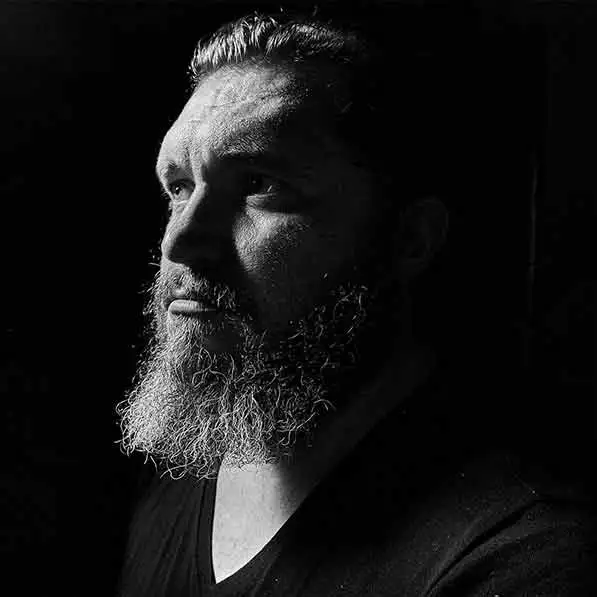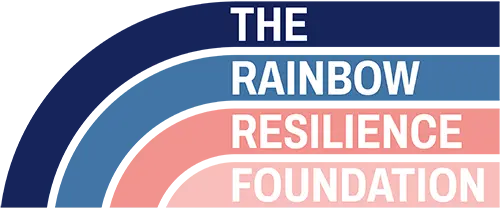
Silence Hurts. Hope Heals.
Your Voice Matters.
How We Help
Mental Health Support
Confidential counseling and trauma-informed therapy tailored to your identity, experience, and the unique dynamics of male and LGBTQ+ trauma.
Legal Assistance
Guidance through restraining orders, custody concerns, and other legal matters—always with affirming, culturally competent legal professionals.
Emergency Housing
Rapid connection to safe, temporary housing solutions that prioritize your safety, dignity, and need for immediate protection.
Financial Support
Support accessing emergency funds, grants, and budgeting tools to help you stay afloat during crisis and start rebuilding with stability.
Support Groups
Facilitated, identity-affirming spaces where survivors can process trauma, share stories, and heal within a community that understands.
Resource Navigation
One-on-one support to help you identify your needs, explore your options, and move forward with clarity and guidance at every step.
What Sets Us Apart
Built by Survivors, for Survivors
Our foundation was created by people who have lived through abuse and know the road to healing. Every program is shaped with empathy, honesty, and hard-won insight.
Centered on Male Survivors
We focus on an underserved population often excluded from mainstream support. You are not invisible here—you are the reason we exist.
Culturally-Aware & Trauma-Informed
Abuse impacts everyone differently. We consider gender, race, identity, and past trauma in all we do, ensuring care that’s safe, inclusive, and affirming.
A Full Spectrum of Support
From emergency housing to legal help and counseling, we connect survivors to the right resources fast. Our goal is to rebuild—not just respond.
Driven by Advocacy & Awareness
We’re more than a service hub—we’re a movement. Through storytelling, education, and outreach, we’re breaking stigma and shifting the narrative around male victimhood.
What Sets Us Apart
Built by Survivors, for Survivors
Our foundation was created by people who have lived through abuse and know the road to healing. Every program is shaped with empathy, honesty, and hard-won insight.
Centered on Male Survivors
We focus on an underserved population often excluded from mainstream support. You are not invisible here—you are the reason we exist.
Culturally-Aware & Trauma-Informed
Abuse impacts everyone differently. We consider gender, race, identity, and past trauma in all we do, ensuring care that’s safe, inclusive, and affirming.
A Full Spectrum of Support
From emergency housing to legal help and counseling, we connect survivors to the right resources fast. Our goal is to rebuild—not just respond.
Driven by Advocacy & Awareness
We’re more than a service hub—we’re a movement. Through storytelling, education, and outreach, we’re breaking stigma and shifting the narrative around male victimhood.
Survivor Story
Christopher A.
Trauma is not something that needs to define who and what we are. We all go through ups and downs. A lot of time we think about the down cycle as walking through a dark tunnel. The challenge isn’t trying to get out, but rather to take a step forward. As long as you’re moving forward, you’ll get to a different place.
It takes a tremendous amount of strength and courage to survive trauma. If you’re still here, that’s something you should congratulate yourself on. Just surviving is something we should praise.
John
I never thought I’d be in an abusive relationship. Growing up, I was always taught that men were supposed to be strong, protective, resilient. I believed that. I lived by it. So when I met Sarah (not her real name), I thought I’d found my person. She was kind, affectionate, and for a while, made me feel like I was the center of her world. But over time, things changed.
At first, it was small stuff. She’d make comments about how I dressed, or throw in the occasional passive-aggressive jab about my career. I brushed it off, assuming she was just stressed. But it didn’t stop there. The criticism got harsher. She started putting me down in front of friends, telling me I wasn’t enough, and during arguments, she’d sometimes grab or shove me.
Every time I tried to talk to her about how it made me feel, she’d burst into tears, apologize, and promise to do better. And somehow, I’d be the one feeling guilty for even bringing it up.
Over time, I became a shell of myself. I stopped seeing friends. I lost confidence. I couldn’t focus at work. It felt like I was constantly walking through fog—tired, confused, and stuck. I started questioning myself—wondering if I was the problem, if maybe I really wasn’t good enough.
Gus B.
I would numbly submit to it and tell her I wasn’t cheating—I only loved her, and I was so sorry she was unhappy. Eventually she would calm down, and tell me that if she ever found out I was cheating, she would kill me. I rationalized that now she knew that I was a ‘good” guy,’ and our marriage would be better. But the abuse started immediately. Each time she beat me she would use a different weapon—flower vases, shoes, frying pans, cooking utensils—and sometimes, just her fists. Sometimes I would try holding her wrists to keep her from hitting me, and I would leave bruises where I held them. She threatened to call the military police and show them the bruises as proof that I was abusing her. Hitting her, for any reason, would have made me an abuser. Far too often, I hear of men who beat women and use the excuse is that they were just defending themselves. ‘Defense’ is protecting yourself, inflicting violence is offensive in nature. Violence met with violence only leads to more violence.
I hesitantly started to make comments on social media. I was afraid people would say this is not my place, as a man. But suddenly, people were supporting what I was saying, thanking me for speaking up. It gave me hope, and it got a lot off my mind.
I’m able to talk to other people about my story now, and when they do call me a wimp I don’t care. You need to talk to somebody. Today, it seems like, domestic violence advocacy is much more open to the fact that men are victims, too.
